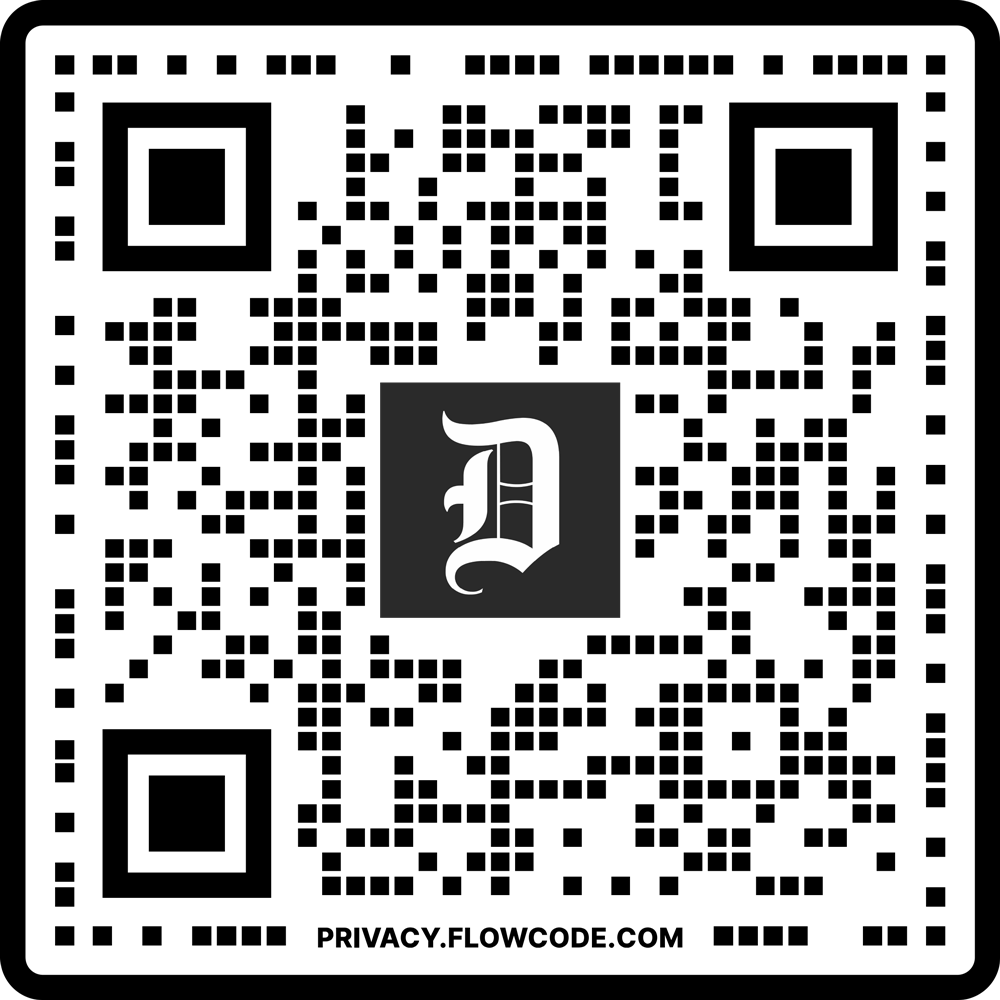The 2024 Solar Eclipse: Perspectives on Safety, Science and Society
Presented by The University of Texas at Dallas and The Dallas Morning News
Tuesday, March 26
6:30 to 8:30 p.m.
Edith O’Donnell Arts and Technology Building Lecture Hall (ATC 1.102)
The University of Texas at Dallas
On April 8, the moon will pass between the sun and Earth, blotting out the sun and casting a shadow across a very narrow swath spanning the continental U.S. and parts of Mexico and Canada. The Dallas-Fort Worth area will be directly in the path of this total solar eclipse, which will bring up to four minutes of darkness, or totality, and leave lasting memories for millions of viewers.
This panel discussion, moderated by Tom Huang of The Dallas Morning News, features UT Dallas faculty members who will talk about the eclipse, how to view it safely, and the scientific and cultural significance of this rare celestial event. A Q&A session will follow the discussion.
Follow eclipse coverage at The Dallas Morning News.
For safe-viewing tips and other resources, visit the UT Dallas eclipse website.
Introductory Remarks
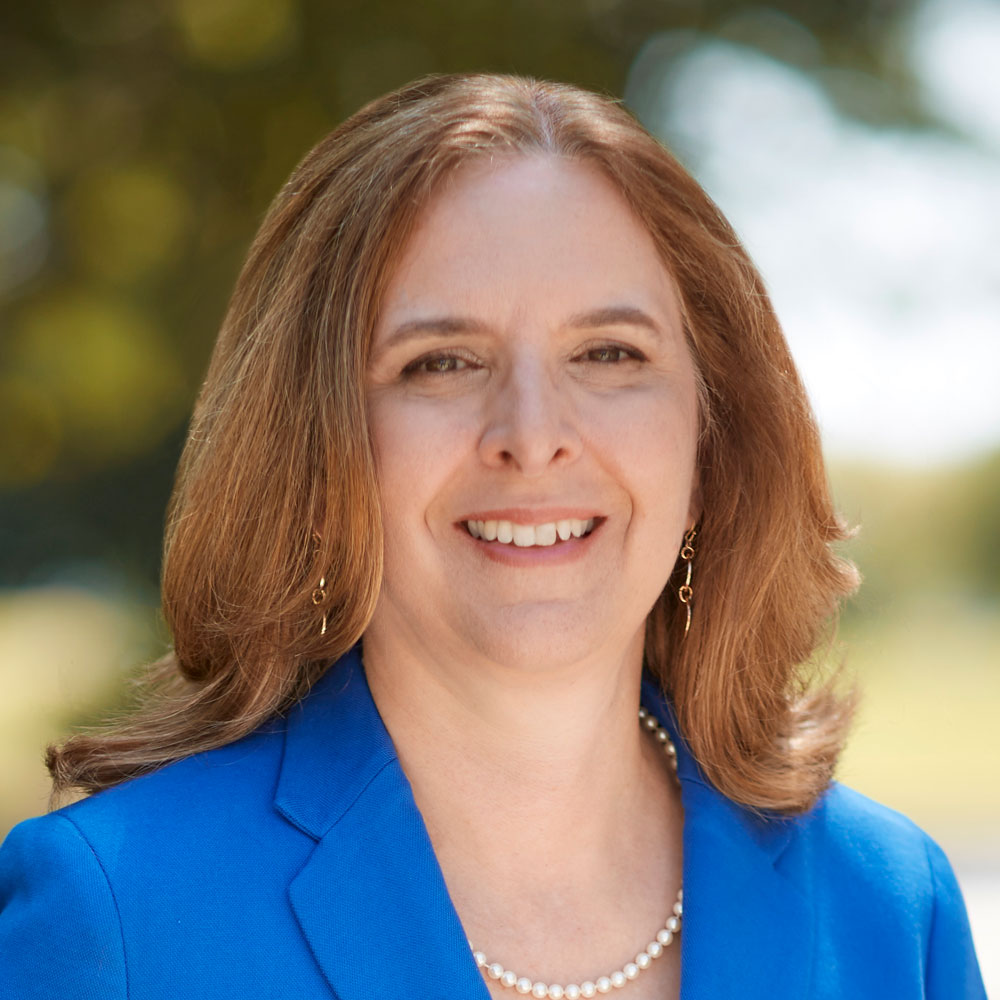
Dr. Inga Musselman is the UT Dallas vice president for academic affairs and provost, Cecil H. Green Distinguished Chair of Academic Leadership, and a professor of chemistry.
About the Moderator
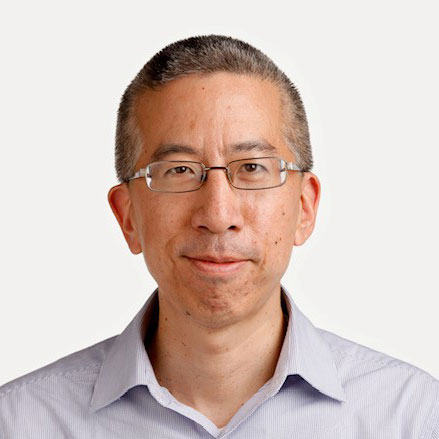
Tom Huang is assistant managing editor for journalism initiatives at The Dallas Morning News, where he edits enterprise and daily stories, oversees the newsroom’s internship program and leads the newsroom’s community-funded journalism initiative, which seeks philanthropic support of public service journalism. Since 2020, he has helped launch The News’ Education Lab, which has expanded education reporting with the support of local foundations; and Arts Access, a partnership with KERA that covers arts and culture through an equity lens.
About the Panelists
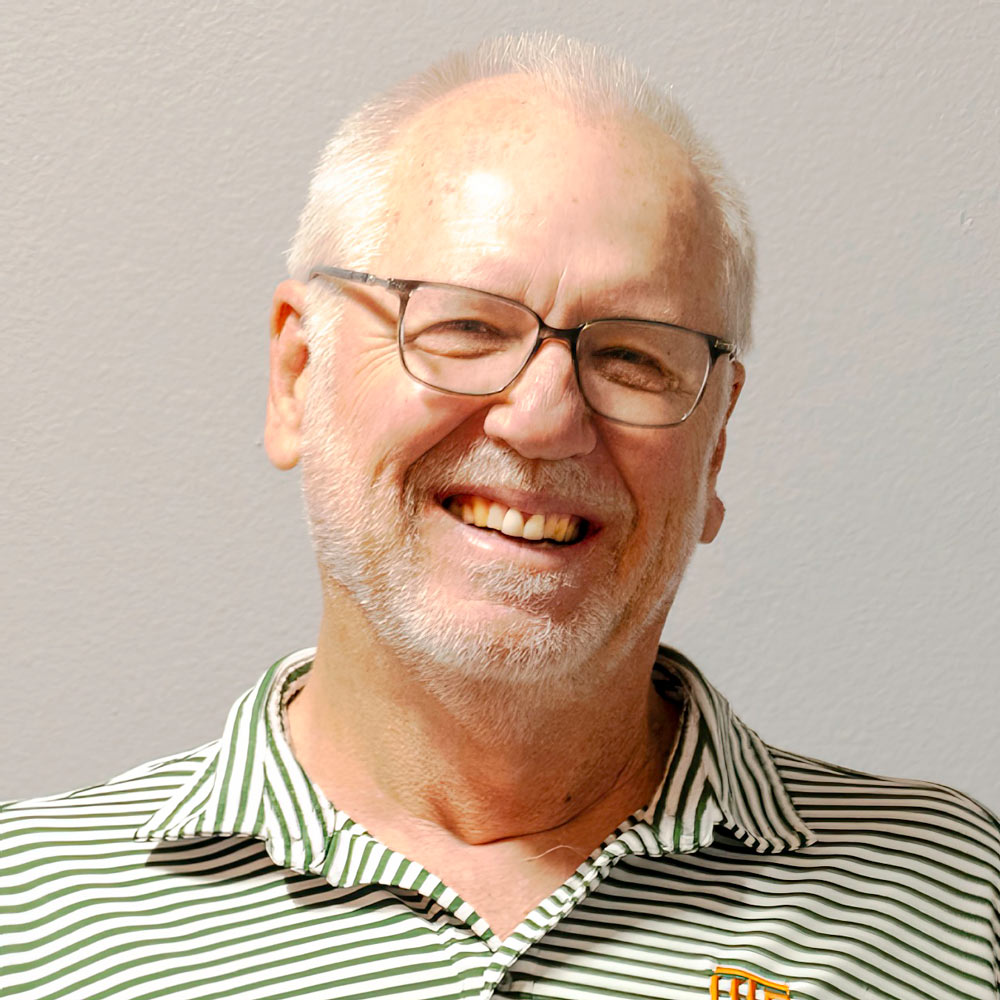
Phillip Anderson MS’85, PhD’90 is a professor of physics and director of the William B. Hanson Center for Space Sciences in the School of Natural Sciences and Mathematics. Center researchers have been building spacecraft-based instruments for studying planetary atmospheres for decades. Anderson is an expert on space weather, which includes interactions between the sun and Earth’s atmosphere, and he teaches astronomy. He viewed the 2019 total solar eclipse from Argentina.
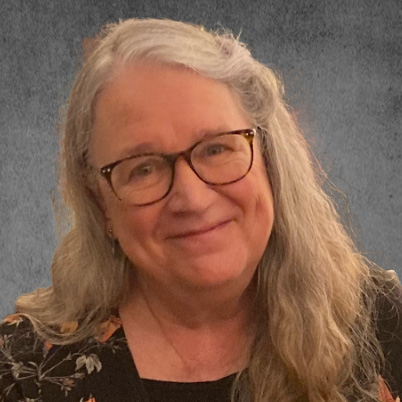
Dr. Pamela Gossin is a professor of literature and of history of science in the Harry W. Bass Jr. School of Arts, Humanities, and Technology. She teaches courses on the history of astronomy and cosmology, including perspectives on the scientific, historical, cultural and artistic significance of astronomical events. She viewed the 2017 total solar eclipse from her home state of Nebraska.
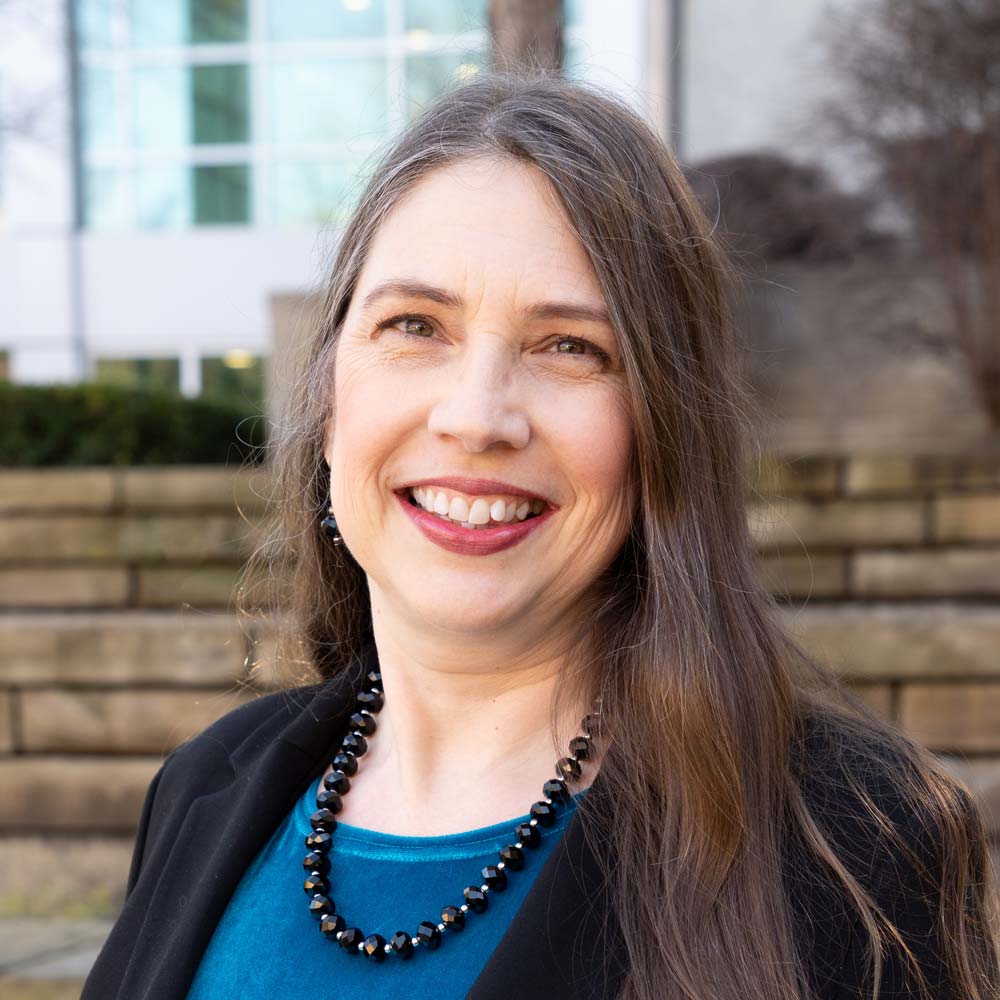
Dr. Mary Urquhart is a planetary scientist and department head of science/mathematics education in the School of Natural Sciences and Mathematics. She teaches astronomy and other related courses and directs the UTeach Dallas program, which prepares science and math teachers. A leader in education outreach, she also develops curriculum and leads graduate and continuing education programs for science and math teachers. She viewed the 2017 total solar eclipse from Tennessee.
Registration is now closed.
